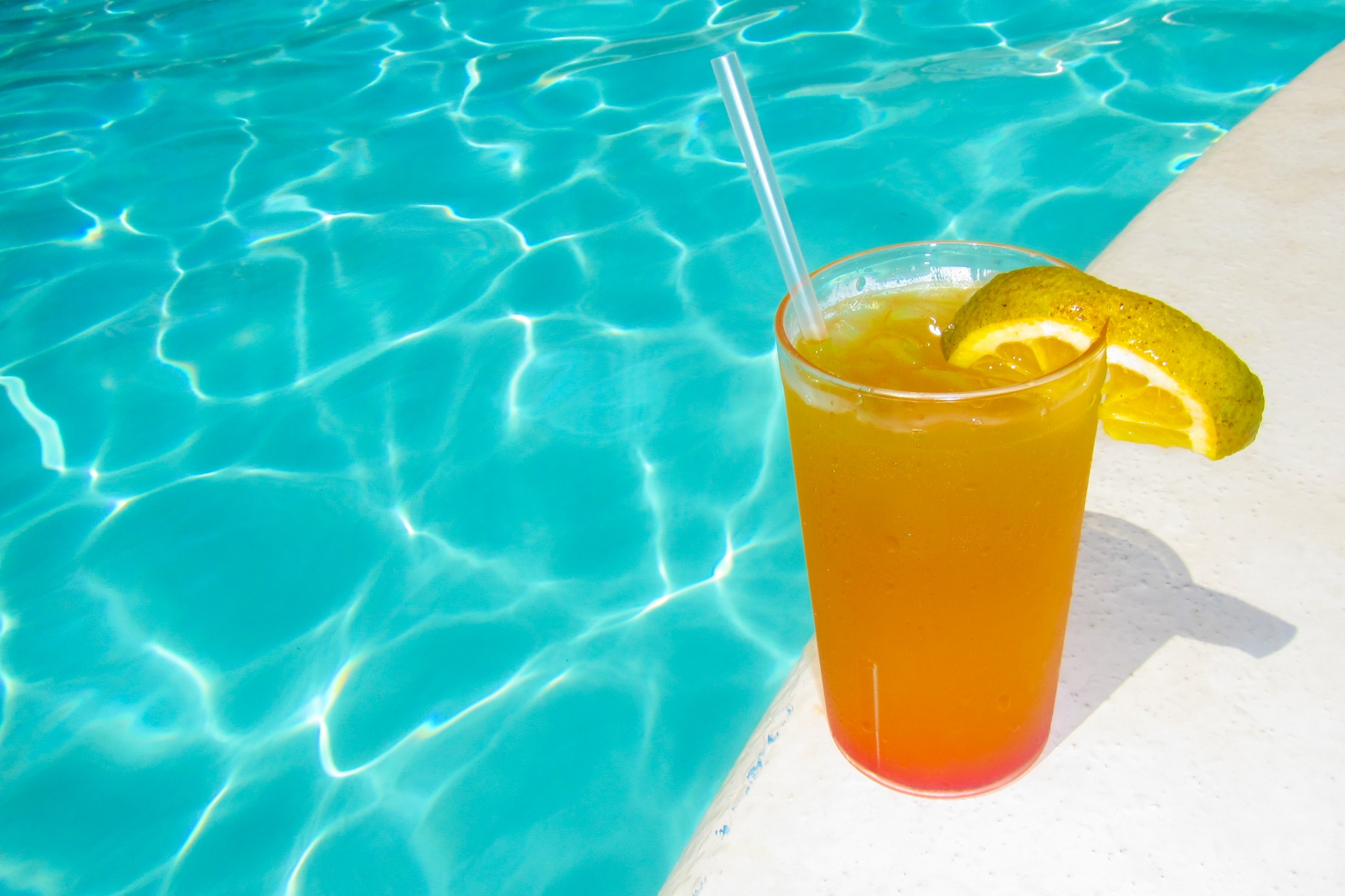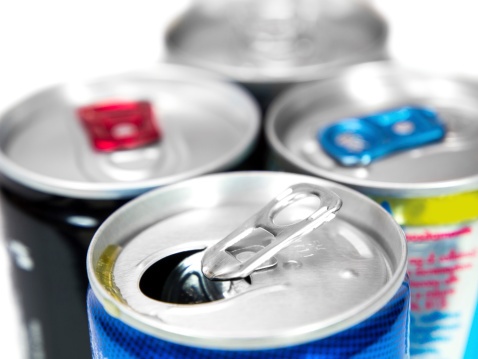Scura, Wigfield, Heyer, Stevens & Cammarota Blog
- Blog
What Happens If You Let an Underaged Person Drive Drunk in New Jersey?
Some parents do not see the harm in letting their underage children drink a little, but everyone should understand the dangers of giving an underaged person a drink before letting them drive drunk, especially in the state of New Jersey. For many, alcohol represents a rite of passage: a sign of transition from the adolescence cokes and Frappuccino’s. However, unlike highly caffeinated beverages, alcohol can make you a lethal, mobile hazard when you’re behind the road.
While a person is ultimately responsible for their own actions when they choose to drink and drive, adults who allow such behavior – or, indeed, anyone who allows teens to drink, even other teens – should bare a degree of responsibility. You could have stopped a drunk driver from smashing down a person at a crosswalk. You could have stopped a drunk driver some smashing a man along the passenger door, catapulting an innocent headlong through the opposite window, with only the other driver there to break their fall. A recent New Jersey ruling has changed how much responsibility do you bear for allowing an underaged person to drive drunk in New Jersey.
There Are Rules New Jersey Citizens Need to Follow About Giving Minors Alcoholic Drinks
-1.jpg?width=679&name=male-motorist-with-whiplash-injury-in-car-crash-62GK9N8%20(1)-1.jpg)
While it has been illegal to allow underaged people drink and drive since 1959, a recent ruling in the New Jersey court system has codified and clarified the laws pertaining to this.
It was in 1959 that the New Jersey court system first filed a common law cause of action against licensed tavern owners who served alcohol to both visibly intoxicated individuals and underage persons, who then left said tavern and drove drunk. If they caused damage, the tavern would be in part responsible for damages.
Later on, that decision was extended. The Appellate Court ruled that any homeowner who knowingly served alcohol to a minor and then allowed them to drive drunk could be held liable for what incurred while they drove under the influence. The court enacting the Social Host Liability Act, N.J.S.A. 2A:15-5 to -5.
However, there are holes in this law. There is little focus placed on those who are not homeowners or property owners who give alcohol to minors. On top of that, should someone who does not own a home serve someone in the homeowners’ houses, how is responsible shared between the homeowner and the individual serving minors alcohol in secret? Until recently, these laws were ill defined.
The Ruling that Solidifies the Laws Surrounding Underaged Drunk Driving

While these policies have not changed, the recent Estate of Brandon Tyler Narleski v. Nicholas Gomes (A-9/10-19) (083169)(Sept. 17, 2020), Justice Barry Albin laid out a comprehensive summary of the laws pertaining to how much responsibility a household or individual has when allowing underaged people to drink alcohol and then drive.
In the aforementioned case, a nineteen-year-old man allowed other underage peers to consume alcohol while in his house. After becoming severely intoxicated, two of the underage adults left the house. One of them drove under the influence. The car sped off the road and spun. The passenger, another drunk individual, was ejected from the vehicle and died.
A suit followed. The trial court granted summary judgement to the nineteen-year-old host because he had no duty to control his friends and their behavior. While the Appellate Division affirmed this, they set a new rule that any underage adult has a common law duty to not allow underaged persons to consume alcohol in their place of residence.
However, this decision was ultimately reversed by the New Jersey Supreme Court. The Court proclaimed that any underaged host who allows underaged drinking in their home has a duty “…not to knowingly provide or allow self-service of alcohol to a visibly intoxicated guest and, if a guest becomes visibly intoxicated, to take reasonable steps to prevent the guest from operating a motor vehicle.”
How Does This Change Everything?

This New Jersey Supreme Court decision extends and solidifies the state policy pertaining to allowing underaged people to leave homes under the influence of alcohol. The earlier rules, as seen by the trial court and Appellate Division rulings, let underaged people whose behavior led to deaths and injury get off the hook. Under these new rules, you will be held accountable for your actions regardless of your how old you are.
When a person acts in a way that contributes to someone else being injured, then by state law they are partially responsible for the damages. This will happen with of-age individuals, ever since the 50s. Despite the full damages they could inflict, however, as we saw, the situation was more ambiguous for persons under the age of 21.
This, naturally, is a little unfair. A drunk driver will have the potential to inflict pain on anyone, regardless of how old the person behind the wheel is. We are taught from a young age that drinking while driving is badly. If a person, regardless of age, creates an environment that fosters a potentially lethal situation, then they need to be held accountable.
What this does, ultimately, is balance the playing field. If someone underage understands that there are consequences to their misdeeds and actions, they will hesitate to commit actions that can put others in danger. This penalty of bad behavior will act as a preventative measure to make some people second guess their irresponsible decisions. Not only can this choice hurt others, but it can also hurt themselves. That will stop the underaged persons from behaving in a way that creates a dangerous environment.
If you are injured by a drunk driver or someone you know was injured, there may be multiple parties who owe you damages for the incurred wrongful death or personal injury. In either case, you and your loved ones are entitled to sums of money that can help improve the quality of your life. If you need legal representation to support you at a personal injury trial, we can help. The attorneys at Scura, Wigfield, Heyer, Stevens & Cammarota LLP can help. Please call our offices to schedule a free consultation and hear your options.
Share Article
Need Help? Contact Us Today!





Lists by Topic
- Bankruptcy (323)
- Personal Injury (95)
- Chapter 13 (52)
- Chapter 7 (51)
- Debt Management (50)
- Foreclosure (47)
- Accident (32)
- Car Accident (27)
- Chapter 11 (25)
- Business Bankruptcy (20)
- Insurance Claims (19)
- Credit (18)
- Business Law (13)
- Employment Law (12)
- Litigation (12)
- Probate and Estate Law (11)
- Damages (10)
- Medical (10)
- Product Liability (10)
- Workers Compensation (10)
- Attorney (9)
- Consumer Bankruptcy (9)
- Commercial & Residential Real Estate (6)
- Slip and Fall (6)
- Contracts (5)
- Premises Liability (5)
- Repossession (5)
- wrongful death (5)
- Video | Bankruptcy (4)
- Bankruptcy Cost (3)
- Corporate Litigation (3)
- Trial Law (2)
- student loans (2)
- tax (2)
- Attorney Fees (1)
- COVID-19 (1)
- Certified Civil Trial (1)
- Dog Bites (1)
- News (1)
- Relocation Assistance (1)

